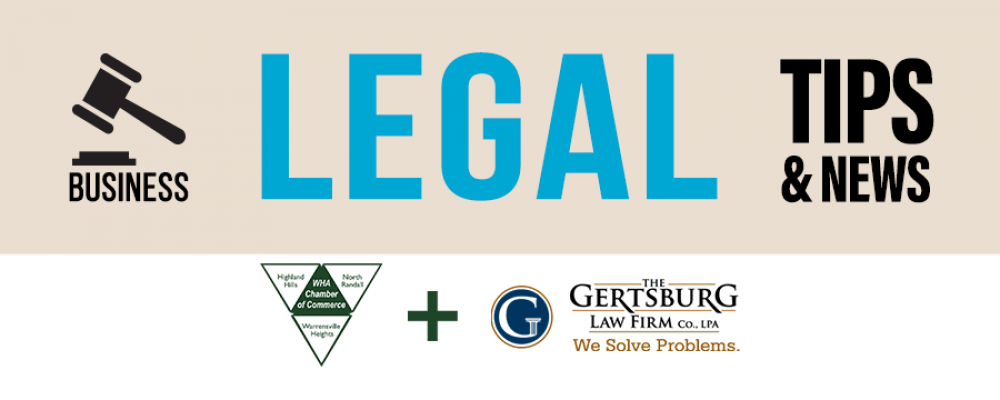The Ohio Home Solicitation Sales Act: What is Covered and What is Not
The Home Solicitation Sales Act (HSSA), codified at R.C. 1345.21, is a subdivision of the Ohio Consumer Sales Practices Act (CSPA) that protects consumers from certain types of high-pressure door-to-door sales. Specifically, the HSSA covers the sale of consumer goods or services in which the supplier engages in a personal solicitation outside of their place of business, including a solicitation made in response to an invitation by the consumer.
The types of goods or services covered by the HSSA include those purchased, leased, or rented primarily for personal, family, or household purposes, including courses of instruction and home improvement sales. This may include, for example:
- The supplier making a visit to the consumer’s residence and selling them personal items, such as cookware or power tools.
- The supplier procuring an agreement at the consumer’s residence to sell and install new windows in the consumer’s home, and the supplier does not have a permanent place of business from which they sell or display the windows.
- The consumer requesting that the supplier perform repair work or maintenance to the consumer’s home, and during the course of such visit, the supplier sells the consumer additional services or goods other than necessary replacement parts. The sale of those additional goods or services are covered by the HSSA.
Though the types of contracts covered by the HSSA are quite extensive, there are various types of contracts and goods that are not coveredby the Act. For example, the HSSA excludes sales in which:
- The total purchase price is less than twenty-five dollars;
- The consumer initiates, and the sale is conducted entirely by mail or by telephone, without any other contact by the supplier prior to the delivery of goods or performance of the service;
- The final agreement is made after a visit by the consumer to the supplier’s retail location where the goods are exhibited for sale;
- The consumer initiates the contact for the purpose of negotiating a purchase and the supplier has a business location in Ohio where the goods or services are regularly offered or exhibited for sale; or
- The consumer initiates the contact and the goods or services are needed to meet an immediate personal emergency which may jeopardize the welfare, health, or safety of the consumer, or endanger property which the consumer owns.
Further, consumer goods, as defined by the HSSA, does not include:
- Sales or rentals of real property by a real estate broker or salesperson;
- The sale of securities or commodities by a broker-dealer;
- The sale of securities or commodities by a securities dealer or salesperson;
- The sale of insurance by a person licensed by the superintendent of insurance;
- Goods sold or services provided by automobile dealers and salespersons; or
- The sale of property at an auction by an auctioneer.
Because there are many nuances to the HSSA, it is important that suppliers understand the HSSA’s requirements to ensure compliance and avoid legal liability. Suppliers can obtain more information on the HSSA through the Ohio Attorney General’s office, or by contacting an attorney that has experience and a thorough understanding of the Ohio CSPA.


Follow Us!